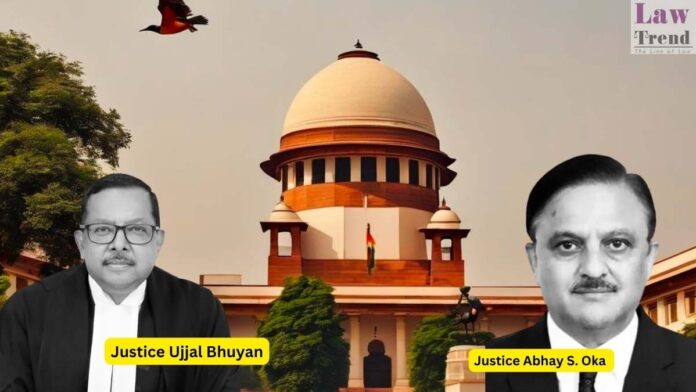In a landmark judgment, the Supreme Court of India has ruled that High Courts cannot quash cases under the Protection of Children from Sexual Offences (POCSO) Act based on settlements between the accused and the victim. The apex court set aside a Calcutta High Court order that had acquitted an accused in a POCSO case,
To Read More Please Subscribe to VIP Membership for Unlimited Access to All the Articles, Download Available Copies of Judgments/Order, Acess to Central/State Bare Acts, Advertisement Free Content, Access to More than 4000 Legal Drafts( Readymade Editable Formats of Suits, Petitions, Writs, Legal Notices, Divorce Petitions, 138 Notices, Bail Applications etc.) in Hindi and English.




